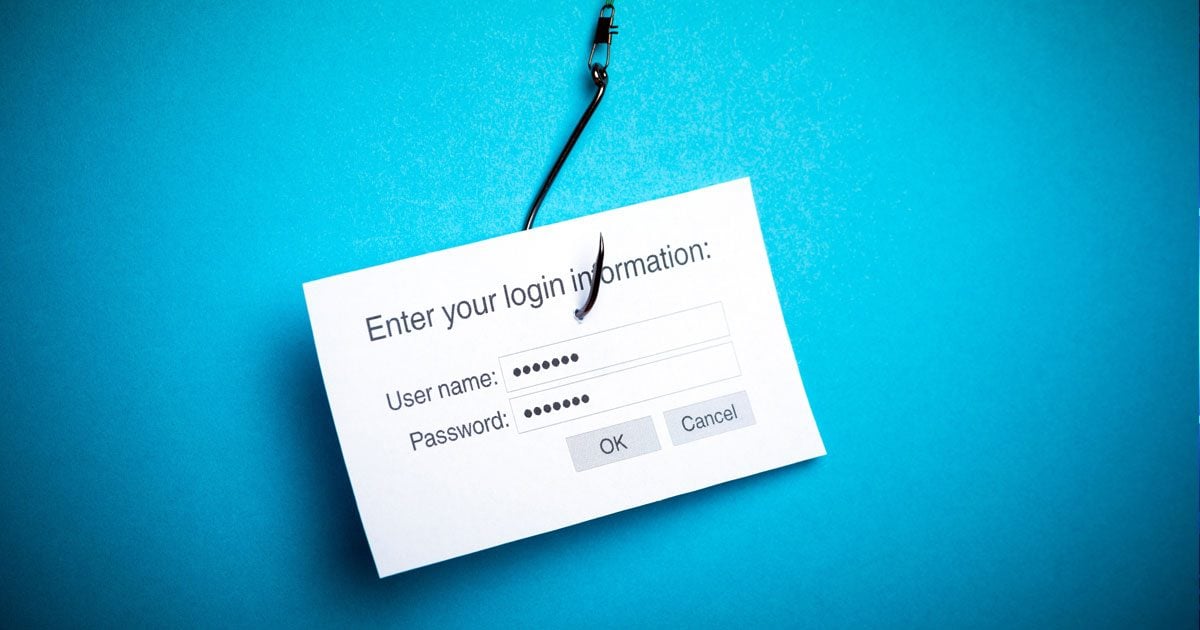What is Phishing and How Do I Prevent It?

Ever got an email from a Nigerian prince who’s got billions in inheritance but he needs your help to get his money back? Yep, that’s a phishing scam. Phishing is a cybercrime that works by manipulating the psychology of the victim instead of depending on any highly technical tools and coding.
Thanks to the simplicity with which it can be carried out, it’s the easiest type of cyber-attack. It’s been used for several years and yet has a high success rate. No wonder it’s the favorite type of attack for several criminals. Phishing is so easy that it’s not just used by hackers but also by jealous exes and stalkers.
For example, a stalker can create an email address that looks something like [email protected]. Using this address, they can send you an email, pretending to be from Facebook, requesting you for your Facebook username and password. They might also add a sense of urgency by saying that if you don’t reply within a specified time, your account will be closed.
As you can see, this doesn’t take a lot of technical knowledge to carry out a phishing attack.
How phishing works
While phishing is mostly carried out through emails but it can be done using other platforms such as social media and chatting apps. The process is the same – the email or social media post will trick you into revealing your details. Phishing scams can use a little technical know-how as well. For example, a hacker might create a replica of the banking login page so you are fooled into entering your credentials into it.
How to prevent phishing
Here are some ways to stay safe from phishing attempts.
Don’t click on suspicious links: Got a link in an email? Try to avoid clicking on it. If a link claims to take you to the banking site, instead of following the link, open the site directly by entering the correct URL in the address bar.
Install an anti-phishing toolbar: Security related toolbars will quickly check the site that you visit to make sure you don’t open a malicious site.
Stay informed: Hackers keep coming up with new phishing scams. Keep yourself updated with the latest ones so you don’t fall prey to them.
Falling for a phishing scam just needs the right bait. What do you mostly fall for? Whenever you feel enticed to click on a lose-weight-fast link or earn-money-at-home video, make sure it doesn’t point to a suspicious website.
